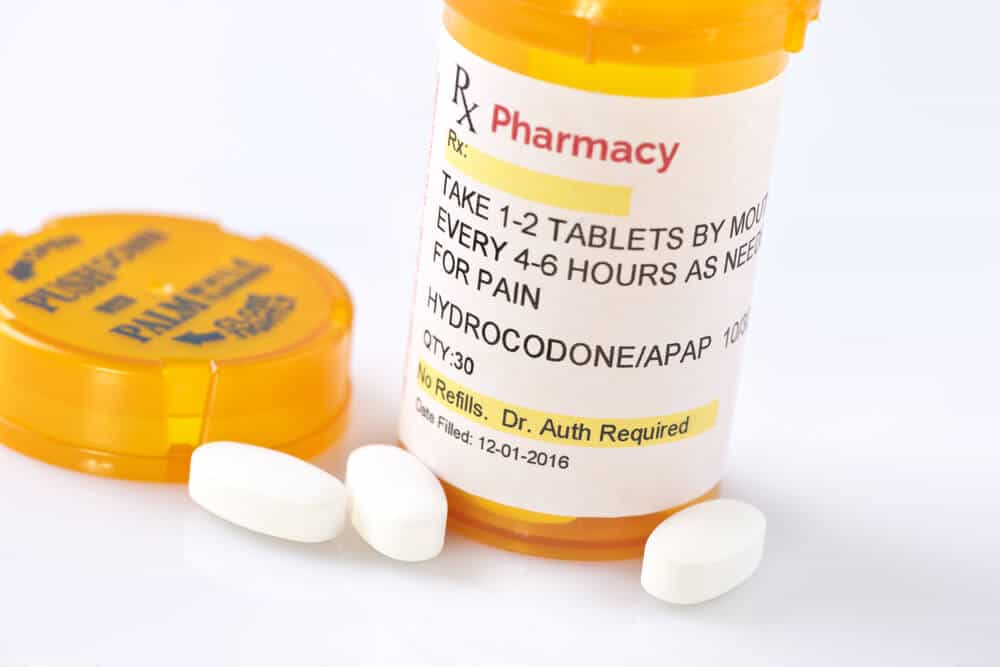
What is Hydrocodone?
Legacy Healing Center Blog
Hydrocodone is often used as a pain reliever but it can also be addictive
Maybe you have heard of it before, but what is Hydrocodone? Hydrocodone is a medication that is prescribed to relieve pain.
It is a part of the opiate class of medications because of how it changes the way the nervous system responds to pain. Because hydrocodone is an opioid, it can be addictive and the side effects of hydrocodone can be severe if it is taken over prolonged periods of time.
Continue reading to learn more about what is hydrocodone and its side effects and possible withdrawal, if severe enough.
What is Hydrocodone – Side effects and uses
Common uses for hydrocodone is for pain as well as fibromyalgia, lower back pain, general back pain, and muscle pain.
It can also be combined with non-opioid pain relievers to work even harder to alleviate pain. Although this is a medication that can be helpful for those who have continuous pain, it can also cause addiction and that possibility can arise if there is a substance abuse disorder present.
It’s important to take the medication as prescribed and speak to your doctor about any concerns related to taking the medication. Side effects of hydrocodone may appear and if any of them become severe, a doctor should be advised.
Some of the side effects of hydrocodone can even be like hydrocodone withdrawal depending on the length of time with the medicine and possible dependency.
Here is a list of some side effects of hydrocodone:
• Pain in the stomach
• Dry mouth
• Tiredness
• Headache
• Pain in the back
• Muscle tightening
• Difficult, painful or frequent urination
• Ringing in the ears
• Problems falling asleep
• Problems staying asleep
• Swelling in the feet, legs or ankles
• Shaking in parts of the body that is uncontrollable
On the other hand, other side effects of hydrocodone can be severe and if any of these symptoms appear, it’s important to seek medical treatment immediately. The symptoms are:
• Problems swallowing or breathing
• Itching
• Hives
• Changes in heartbeat
• Hoarseness
• Swelling in the eyes, face, lips, tongue or throat
• Decreased sexual desire
• Irregular menstruation
• Inability to get an erection, or keep one
• Nausea, vomiting, loss of appetite
• Weakness
• Dizziness
• Agitation
• Hallucinations
• Fever
• Sweating
• Confusion
• Loss of coordination
• Chest pain
The more severe side effects may be more than one at a time and if they are noted, seeking medical help is the best bet to ensure that all is ok.
It is possible to overdose on hydrocodone and because of this possibility, individuals taking the medication may be asked to carry naloxone with them which is a treatment for overdose.
If someone is taking this medication, it’s important for those around them to be aware that they are taking it in case of emergency. If an individual was to overdose, it’s possible to note the following symptoms:
• Slowed breathing
• Sleepiness
• Weakness in the muscles
• Cold, clammy skin
• Narrowed or widened pupils
• Slow heartbeat
• Coma
What is Hydrocodone – Hydrocodone Withdrawal
Hydrocodone withdrawal is possible but rarely life-threatening. Experiencing hydrocodone withdrawal can oftentimes show that there is an abuse of the substance or a disorder.
Hydrocodone causes symptoms of withdrawal that are similar to other types of opioids and can cause physical and psychological pain. The intensity of the withdrawal is based directly on the type of addiction or frequency of use and overall health of the individual.
It is possible for some of the effects of withdrawal to cause cramping in the abdomen as well as insomnia, anxiety, diarrhea, sweating, and nausea. The positive side or silver lining of withdrawal from hydrocodone is that it is a short-acting medication which means that although the withdrawal is felt sooner, it also goes away more quickly.
If someone you know, or love, is experiencing troubles with opioids, seeking help is a great way to help them.
Call Legacy Healing Center today at 888-597-3547 to learn more about our addiction programs.